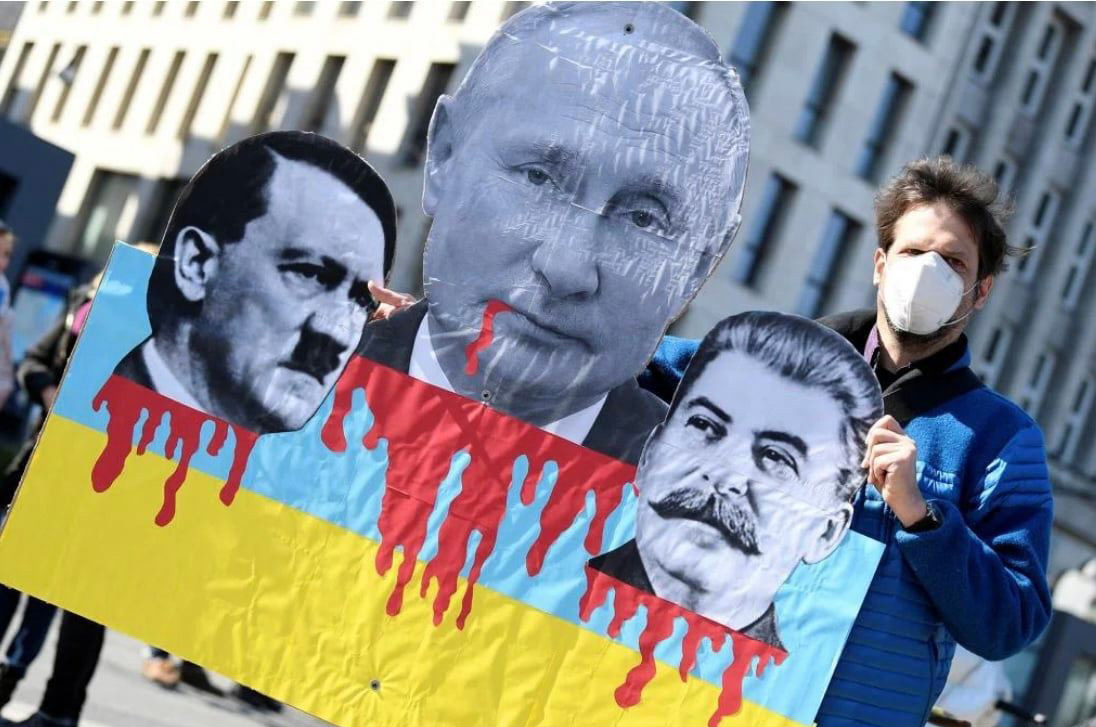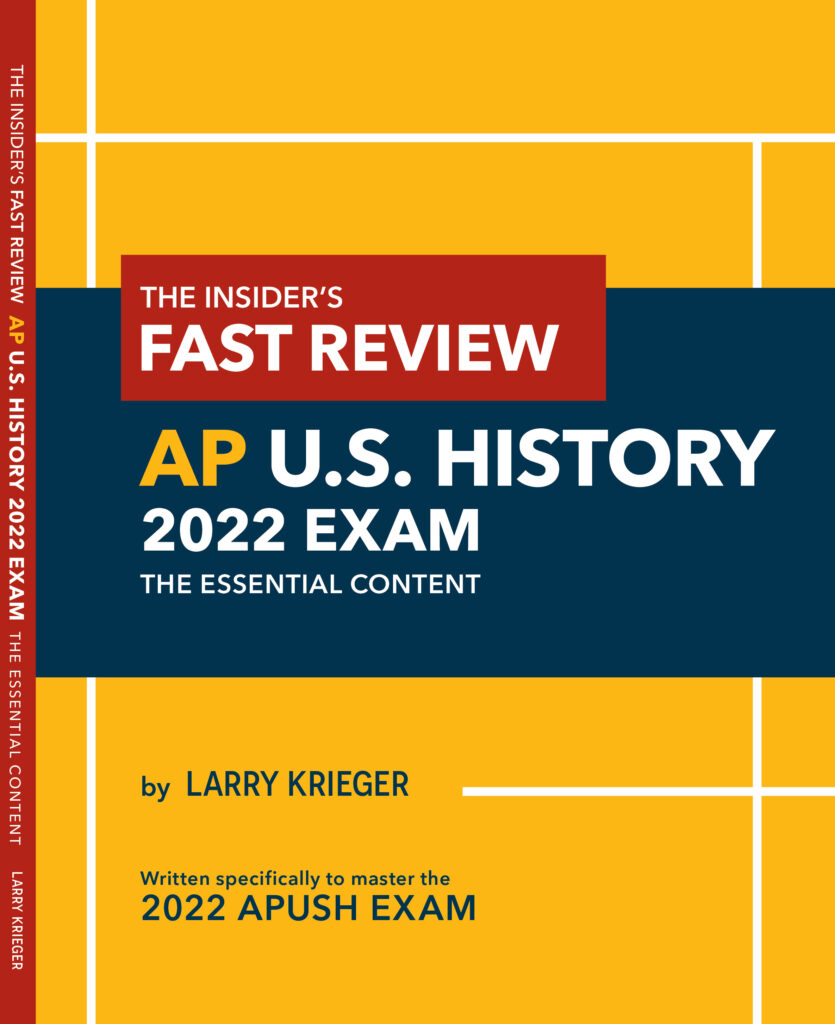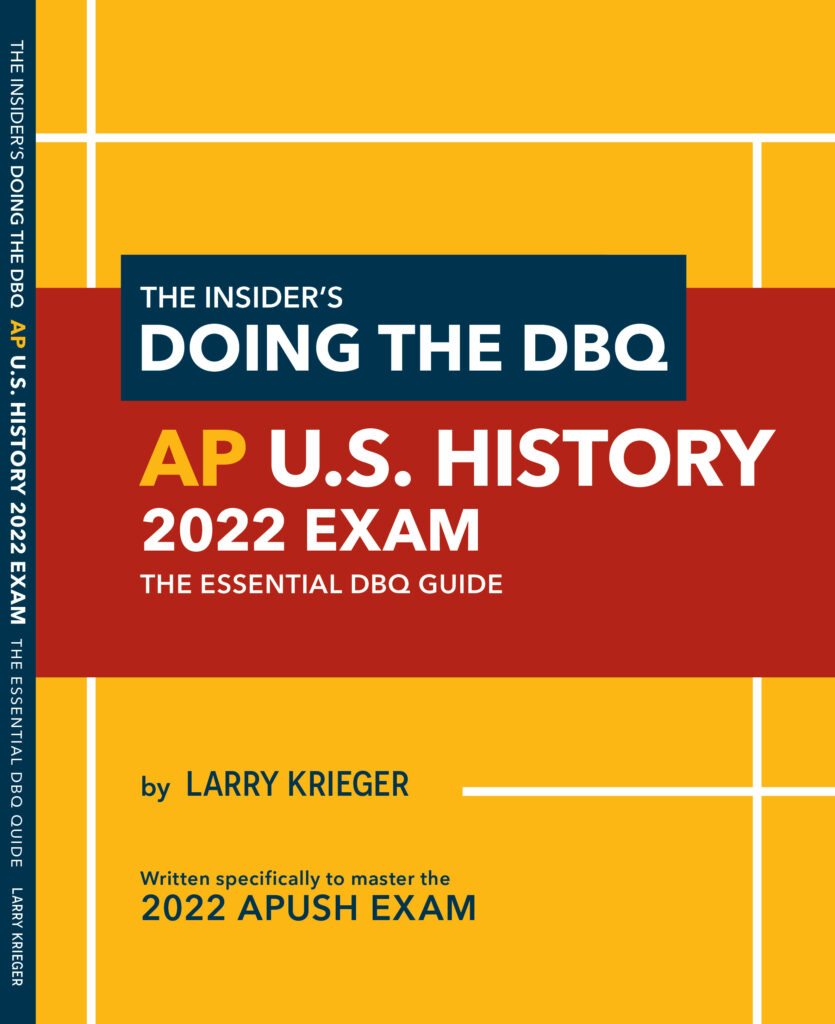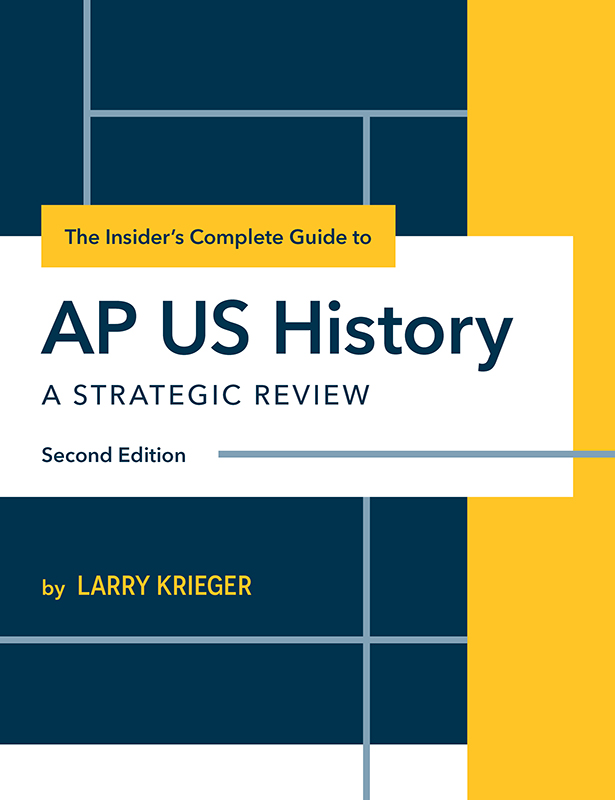Hitler, Putin, and Appeasement
“We can never be satisfied”
Hitler was a ruthless and amoral dictator. But he was also shrewd and calculating. In 1938, Hitler cast covetous eyes on the Sudetenland, a German-speaking region in the western part of what was then Czechoslovakia. Hitler ordered the leader of the Sudeten German party to stir up trouble: “We must always demand so much that we can never be satisfied.”
In September 1938, Hitler suddenly demanded that Czechoslovakia give up the Sudetenland. The Czechs indignantly refused and turned to the French for help. Hitler then massed his troops and threatened to invade the Sudetenland. Hitler’s threat pushed Europe to the brink of war. But then the Nazi dictator unexpectedly invited the leaders of Great Britain, France, and Italy to an emergency conference in Munich, Germany.
The Munich Conference began on September 29, 1938. Hitler solemnly promised the Sudetenland would be his last territorial claim. British Prime Minister Neville Chamberlain believed he could preserve the peace by giving in to Hitler’s demand. Early the next morning a tense world learned the crisis was over. Britain and France agreed Hitler could take the Sudetenland. In exchange, Hitler pledged to respect Czechoslovakia’s new borders.
“Peace for our time”
Chamberlain’s policy of appeasement, or making concessions, seemed to be a success. When he returned to London, Chamberlain told cheering crowds, “I believe it is peace for our time.” His prediction proved to be tragically wrong. Less than six months later, Hitler’s troops marched into Czechoslovakia. The Nazi dictator triumphantly announced, “Czechoslovakia as ceased to exist.”
The Munich Conference marked a turning point in world history. Chamberlain’s failure to stand up to Hitler helped to make World War II inevitable. The Munich Conference had important long-term consequences. In the years following World War II, the Munich Conference became a symbol of surrender. Democratic leaders vowed they would never again appease a ruthless dictator.

“His appetite will only grow”
History does not repeat itself, but it often rhymes. Like Hitler, Russian President Vladimir Putin is a ruthless and amoral dictator. Undeterred by the threat of economic sanctions, Putin ordered the Russian war machine to invade Ukraine on February 24, 2022.
The Ukraine conflict is now in its sixth week. Ukraine’s outmanned and outgunned defenders have inflicted heavy losses on the Russian invaders. Although heroic Ukrainian forces have successfully defended Kyiv, Russians have made some progress in controlling portions of the strategic Dombas region in southeastern Ukraine. Relentless artillery and missile bombardments have reduced the once beautiful port city of Mariupol to ashes.
Peace negotiations between Ukraine and Russia have failed to produce any concrete results. Some analyists argue the Ukrainians should concede the Dombas region to Putin in exchange for a ceasefire. However, the Estonian Prime Minister Kaja Kallas strongly disagrees. She is reminding other NATO leaders that, “Putin is a dictator.” Recalling the lessons of the Munich Conference, she warns, “If Putin wins, or if he even has the view that he has won this war, his appetite will only grow.”
Putin’s brutal and unprovoked attack is forcing the NATO allies to consider the risks and benefits of appeasing Putin. It is important to remember that appeasement did not work in 1938. Putin began this war and NATO should make sure it is his last.
FOR FURTHER DISCUSSION AND WRITING
- List two ways in which Hitler and Putin have similar outlooks and objectives.
- Write a short position paper in which you defend or oppose the author’s conclusion.
- “If Putin wins…his appetite will only grow.” – Write a short editorial in which you either agree or disagree with this warning by the Estonian Prime Minister Kaja Kallas.
FOR FURTHER INFORMATION
Today’s Commentary drew upon information from World History, Perspectives on the Past by Larry Krieger, Ken Neill, and Steve Jantzen. It also drew upon the following two essays in the Financial Times by Roger Boyes: “Don’t Bet on the End of Vladimir Putin” and “Biden’s Timidity is making Putin Stronger.”

Larry Krieger
Author · Instructor





